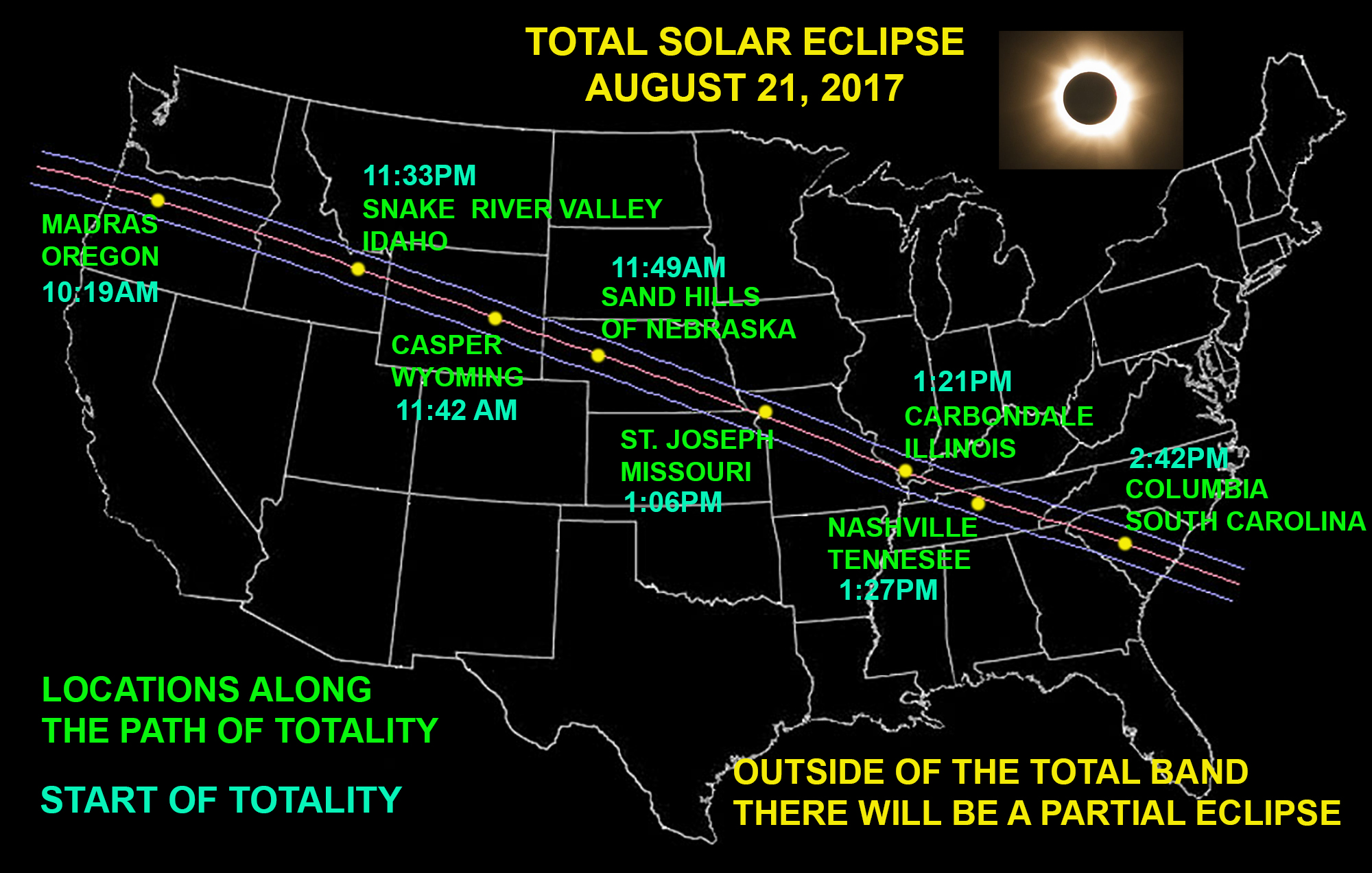New Oversize and Overweight Special Permit Rules go into effect on July 8, 2022
ADOT’s current Oversize and Overweight Special Permit rules are available in Title 17, Arizona Administrative Code, Chapter 6 (link is external). The last rulemaking package was completed rules on August 16, 2013. Since that rulemaking several rules have been further clarified by making minor technical corrections that may provide additional regulatory relief for some of the industry and ensure the rules are more clear, concise, and understandable.
The final rule went into effect on July 8, 2022 and can be found here: https://azdot.gov/sites/default/files/media/2022/07/OversizeandOverweightEnvelopeandSpecialPermitRulesEffective07082022.pdf
A summary of the rule amendments, technical corrections, and clarifying changes considered by include (as written by ADOT):
- Adding a special continuous travel allowance to accommodate self-propelled mobile cranes, drilling rigs, and similar specialty equipment traveling under a class A – Crane special permit at no more than 11′ in width, 14′ 6″ in height, 10′ in length of front overhang, and 10′ in length of rear overhang;
- Removing an outdated address from the definition of “;Arizona Central Commercial Permits Office”;
- Providing clearer references to the thresholds at which a vehicle or a self-propelled mobile crane, drilling rig, or similar specialty equipment becomes subject to the metropolitan curfew transport allowance and restrictions provided under R17-6-404;
- Adding a class A annual permit option and a 30-day permit option (provided by Laws 2014, Ch. 60 (HB2430) (link is external), to accommodate industry requests for expansion of the more desirable class A special permit by consolidating and renaming the class B – Oversize Combination, class B – Type R – Oversize Recreational Vehicle, class D – Crane, class G – Overwidth Vehicle or Combination, and class H – Overwidth Watercraft special permit when all dimensions are within class A limits;
- Updating R17-6-102, Table 1, Threshold Dimensions, to reflect the higher legal thresholds provided under Laws 2016, Ch. 52 (HB2251) (link is external), and the federal “Fixing America’s Surface Transportation Act” or “FAST Act” (link is external);
- Clarifying R17-6-103 and R17-6-204 by including the method and procedure used by the Department, for delinquent tax reporting purposes under A.R.S. § 42-19157 (link is external), to verify eligibility for movement of a mobile home subject to payment of ad valorem taxes, including clarification on what the Department may accept as evidence of ad valorem tax payment or clearance;
- Repealing R17-6-212, Tables 6 and 7, since tridem axle group configurations are now allowed up to 60,000 pounds per tridem axle group on all routes of the State Highway System, unless otherwise restricted under R17-6-412, Table 4;
- Consolidating the gross weight categories permitted for reducible vehicle and load combinations traveling under a Class E special permit in conformance with legislative changes provided by Laws 2014, Ch. 60 (HB2430) (link is external);
- Repealing the Western Regional Permit provided under R17-6-211, since issuance of the permit was discontinued as provided under the Western Association of State Highway and Transportation Officials (WASHTO) Resolution 03-18 (link is external), effective December 31, 2018;
- Providing illustrations of the warning flag configurations and safety lighting device requirements for vehicles or loads extending more than four feet beyond the front of a vehicle;
- Adding a reference to the general highway operations requirements under R17-6-401 to remind permittees and drivers issued a multiple trip oversize or overweight special permit or envelope permit to access and review the most current information on highway-specific restrictions, requirements, conditions, and allowances indicated on the Department’s web site prior to commencing transport, as currently required under R17-6-412;
- Clarifying that the general term “houseboat,” as used under A.R.S. § 28-1144(B) (link is external), and R17-6-506, encompasses all large non-specific and non-reducible watercraft models transported by the envelope permit holder, including a yacht;
- Correcting the weight tables used for maximizing the amount of weight allowed when using wider tires on axle group configurations with two or more axles;
- Updating R17-6-412, Table 4, to: reflect the most recent bridge height and weight restriction information as posted in real time on the Department’s website; remove some under-legal width restrictions no longer necessary on certain routes; and expand the number of routes that can now accommodate oversize and overweight vehicles, combinations of vehicles, or vehicle and load combinations using tridem axle group configurations;
- Removing all curfew routes and restrictions from the Yuma metropolitan area; and
- Updating the statutory reference in the definition of “mobile home” to reflect changes made by Laws 2016, Ch. 128, §§ 19 through 21 (SB1530) (link is external), which renumbered A.R.S. § 41-2142 to A.R.S. § 41-4001 (link is external).



